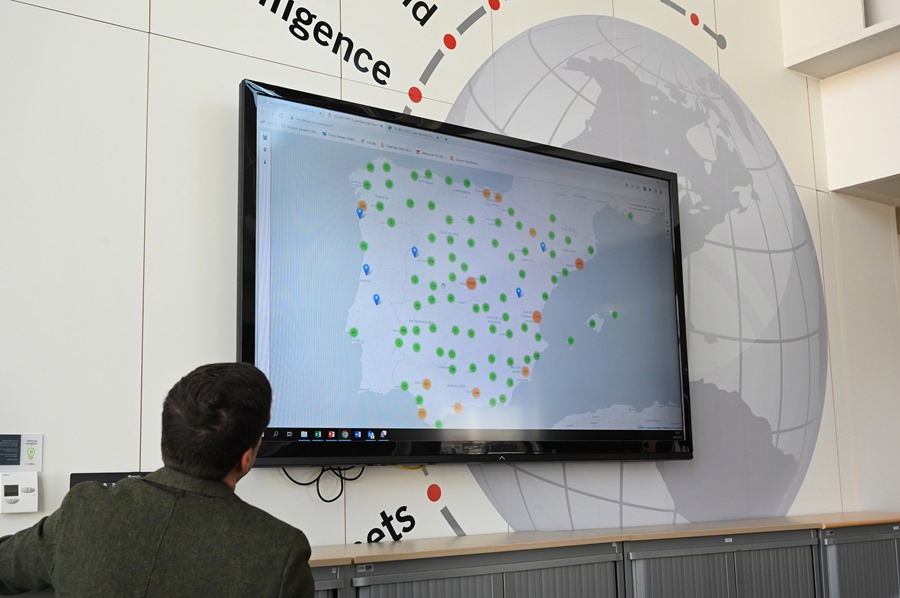Raul Married |
Madrid (EFE).- The parties have reiterated their desire to regulate the development and deployment of artificial intelligence (AI) to ensure the protection of fundamental rights, but it has not yet been detected that they are using and taking advantage of the benefits that this technology It could provide them, to -for example- improve the arrival of their messages or deepen the analysis of the data beyond traditional surveys.
Artificial intelligence has crept into all political agendas, after successive calls from the scientific and technological field -including that of some of its main promoters in recent decades- to pause for a while experiments with the most powerful and advanced AI and about the high risks and catastrophic consequences that the failures of this technology can cause.
But there are also quotes from those who think that it is already unstoppable and those who advocate robust regulations and legislation that guarantee the protection of people, but also to take advantage of all the opportunities it offers; also to improve public policies and improve care for citizens.
Parties barely take advantage of AI opportunities
Beyond the fear of misinformation and “chatbots” capable of generating and viralizing false news, political parties hardly take advantage of the opportunities of artificial intelligence and focus on the use of more traditional resources, already including among these the social networks.

Pablo Haya, director of Business Analytics and Language at the Knowledge Engineering Institute, a pioneering research, development and innovation center in “big data” and artificial intelligence, has differentiated between the policies that governments promote to promote AI; the concrete measures that they apply to improve public services and attention to citizens; and the use that the parties themselves make of this technology.
In statements to EFE, Pablo Haya has placed in the first group the implementation of the Secretary of State for Digitization and AI, the Data Office -dependent on that secretariat-, the Spanish Agency for the Supervision of Artificial Intelligence (AESIA) -a newly created body that will be located in A Coruña- or the first “test bench” as a pilot for the future European AI Regulation.
Data analysis to support decision making
In the second group, he places the measures, based on AI, to improve public policies, and includes here data analysis techniques as a tool that should be gradually incorporated to support decision-making; but it affects the word “support”, since “in no case is total algorithmic governance intended”, and has been convinced that AI can help both in the evaluation and in the development of clear and close communication that facilitates access to public services.
And in the third group (the use of AI by the parties) he has stressed that the analysis of data from sources that go beyond polls can be a tool that helps detect levers that move the intention to vote, or that generative AIs (such as ChatGPT) can help politicians better explain their messages.
Pablo Haya predicts that it will be in upcoming electoral events when these generative AI technologies will be incorporated into the teams that manage the campaigns, since they are also easy-to-use tools that facilitate the work of communication professionals, either to polish messages, create new ideas or generate graphic content”.
“Cautious, not obsessed” in the face of misuse
In his opinion, the misuse of any powerful technology is inevitable -he recalls in this sense the cases of Cambridge Analytics and its interventions in the US elections-, but he insists on the importance of being “cautious; not obsessed” and in the need for a regulation that guarantees rights and limits harmful uses, including those that come from the political class itself.
And in this sense, he recalled that the new Data Protection Law already tried to incorporate a precept that allowed parties to collect personal data on the personal opinions of people within electoral activities and that it was overturned by the Constitutional Court after the appeal promoted by various associations, lawyers or the Ombudsman himself.
This expert does understand the increasingly widespread concern about false news and disinformation and about the content generated by machines that emulate people, and in this sense he predicts a revaluation of the work of the journalist “as a key figure in guaranteeing the reliability of the information we consume”.





